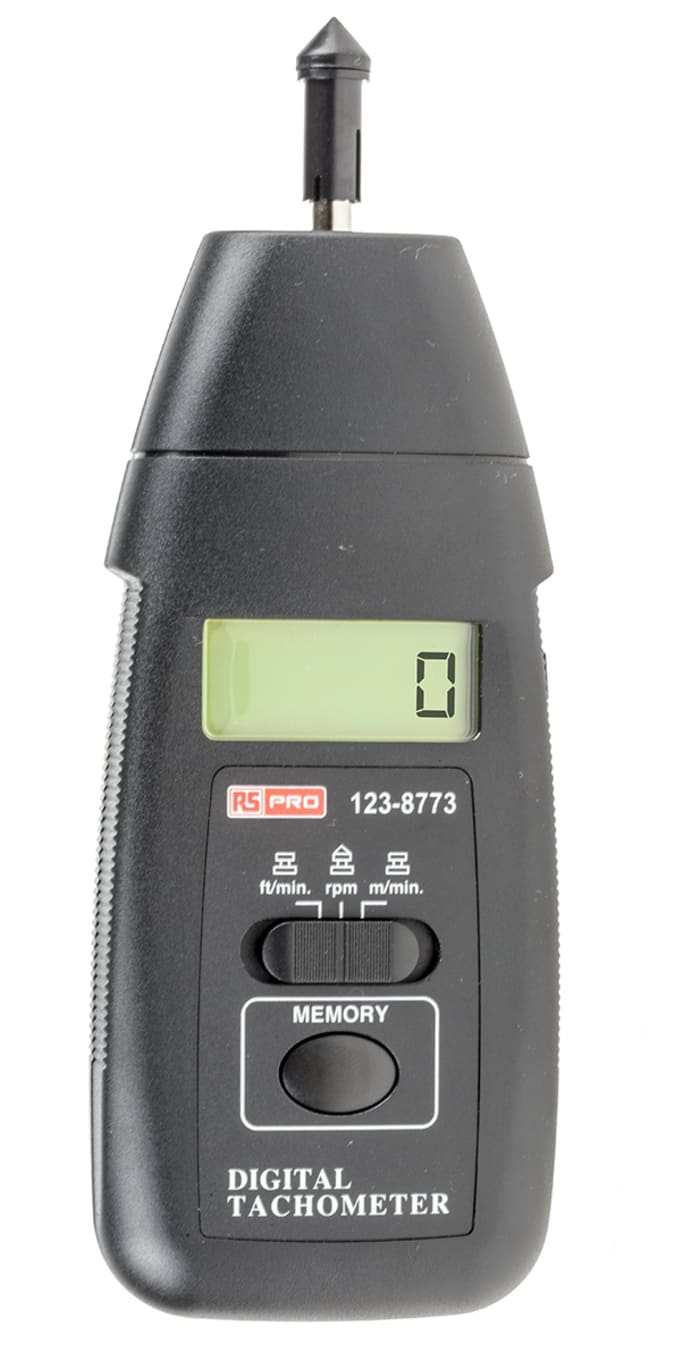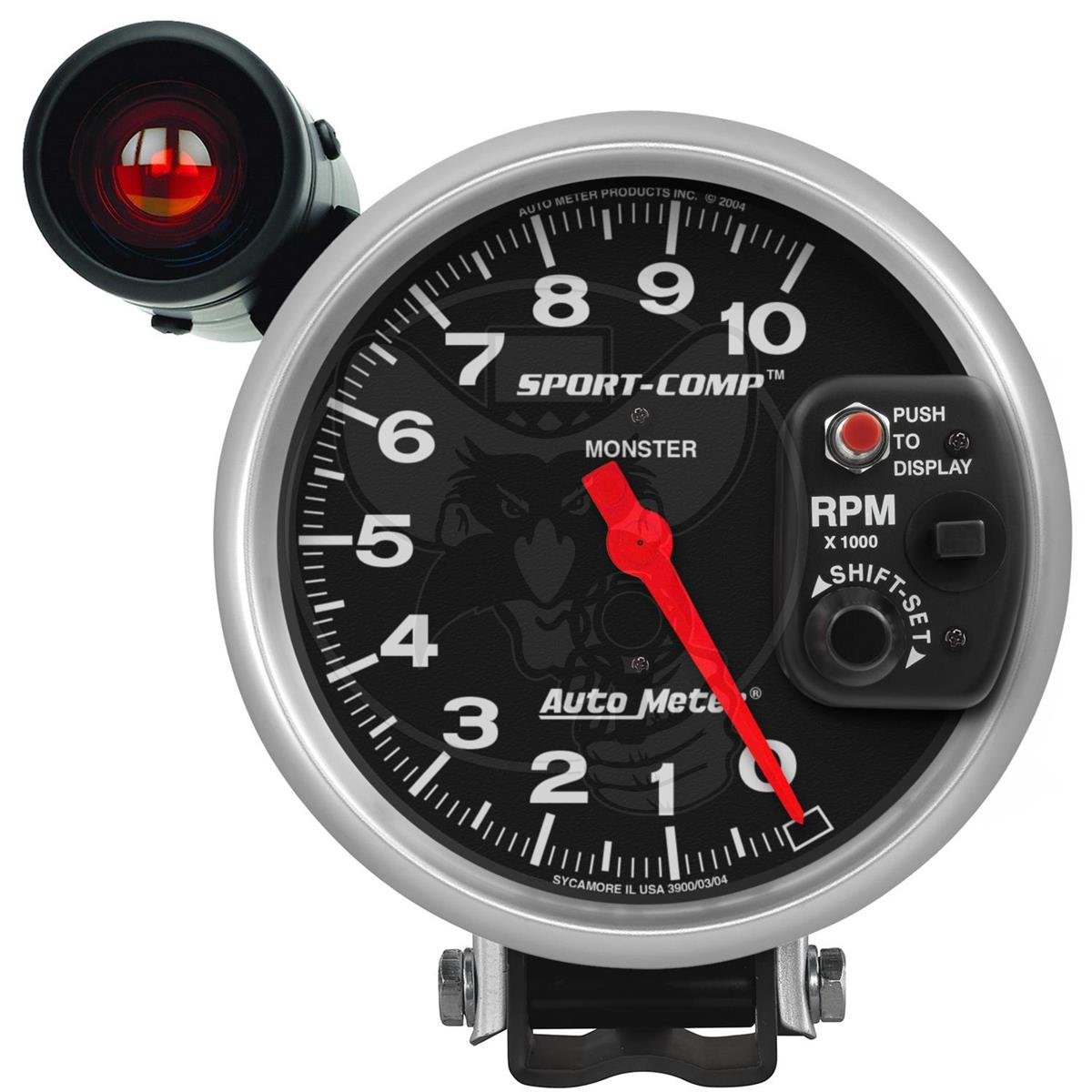Tachometer Buying Guide: Attributes to Seek and Ideal Brand names
Tachometer Buying Guide: Attributes to Seek and Ideal Brand names
Blog Article
The Value of a Tachometer in Keeping Track Of Engine Rate and Performance in Automotive Applications
In the realm of auto design, the tachometer stands as a critical tool in the vehicle driver's arsenal, offering a straight window right into the inner operations of an automobile's engine. Past its function as a plain scale of changes per min (RPM), the tachometer acts as a crucial device for lovers and professionals alike, providing real-time understandings into engine performance and health. Recognizing the relevance of this device exceeds surface-level monitorings, diving right into the intricate connection in between engine speed, power output, and total driving experience. As we check out the diverse duty of the tachometer in automotive applications, a deeper admiration for its effect on automobile dynamics and effectiveness begins to arise.
Relevance of Keeping Track Of Engine RPM
Keeping an eye on engine RPM, or transformations per min, is an important facet of auto maintenance and performance analysis. Engine RPM directly associates with the rate at which the engine's crankshaft revolves, suggesting exactly how rapidly the engine is running.
Furthermore, keeping track of engine RPM is crucial for efficiency evaluation in auto racing and high-performance lorries. In summary, monitoring engine RPM is not just crucial for spotting concerns however also for optimizing engine performance in numerous auto applications.

Benefits of Real-Time Information
In vehicle applications, real-time information plays an essential duty in providing immediate insights right into the efficiency and condition of the vehicle. By continuously checking various criteria such as engine speed, temperature, gas consumption, and a lot more, real-time information provides various benefits that add to enhanced effectiveness and security when traveling.
One considerable benefit of real-time data is its capability to sharp drivers and service technicians to any abnormalities or problems quickly. This positive approach allows fast identification of possible problems, permitting for prompt treatments to avoid further damage or break downs. Furthermore, real-time information facilitates performance optimization by providing instant feedback on driving habits and engine effectiveness. Vehicle drivers can change their habits in real-time based on this details to attain far better fuel economic climate and lengthen the lifespan of their car.

Moreover, real-time data plays a vital duty in modern-day vehicle diagnostics, making it possible for specialists to swiftly detect and resolve breakdowns. This results in decreased downtime, reduced upkeep expenses, and eventually, boosted overall automobile dependability and durability (tachometer). By utilizing the power of real-time information, auto stakeholders can make enlightened decisions that favorably influence both the performance and long life of the automobile
Influence On Gear Shifts
Effective equipment changes in auto applications dramatically influence overall efficiency and driving experience. The tachometer plays an essential duty in optimizing equipment changes by offering real-time engine speed data to the chauffeur. When coming close to the redline on the tachometer, it signifies the driver to upshift to stop over-revving the engine and creating potential damages. On the various other hand, downshifting at the ideal minute can help maintain the engine in its power band, ensuring receptive velocity when needed.
Additionally, the tachometer help in attaining smoother equipment changes, particularly in manual transmissions. By keeping track of engine speed, drivers can implement equipment changes at the optimum RPM range, lowering jerking movements and lessening wear on the transmission elements. This precision on duty modifications not just boosts driving convenience but likewise contributes to sustain efficiency.
Enhancing Gas Performance
Given the crucial role the tachometer plays in enhancing equipment changes for performance and engine wellness, it straight contributes to maximizing fuel effectiveness in vehicle applications. By providing real-time responses on engine speed, the tachometer helps chauffeurs in keeping one of the most efficient RPM variety for fuel economic climate. When chauffeurs regularly keep track of the tachometer and change their motoring habits accordingly, they can stay clear of unneeded gas intake caused by over-revving or lugging the engine.
Furthermore, the tachometer aids drivers determine the most fuel-efficient gear to be in at any provided moment, protecting against the engine from working tougher than necessary. In conclusion, the tachometer serves as a beneficial device in improving fuel efficiency by promoting optimum driving routines and recognizing locations for renovation in the lorry's efficiency.

Optimizing Engine Longevity
The tachometer's role in keeping track of engine rate and performance is you could check here instrumental in guaranteeing the durability of auto engines. By making use of the tachometer successfully, chauffeurs can enhance engine durability through mindful RPM monitoring. Continually revving an engine also high can result in excessive deterioration on critical components, such as the pistons, valves, and bearings. Over time, this can lead to decreased engine performance and potential malfunctions. Checking the tachometer enables motorists to stay within the suggested RPM range for their vehicle, preventing unneeded strain on the engine and prolonging its life expectancy.

Conclusion
To conclude, the tachometer plays an essential duty in monitoring engine rate and performance in vehicle applications. By giving real-time data on RPM, it enables for reliable equipment shifts, improved fuel published here performance, and made the most of engine long life. This device is crucial for maintaining optimum engine performance and guaranteeing the general capability of a car.
Report this page